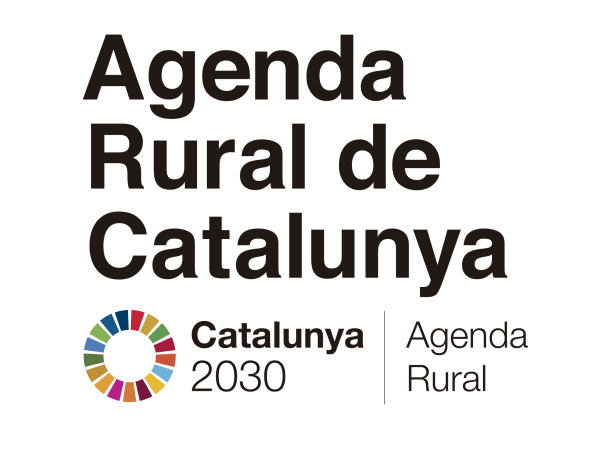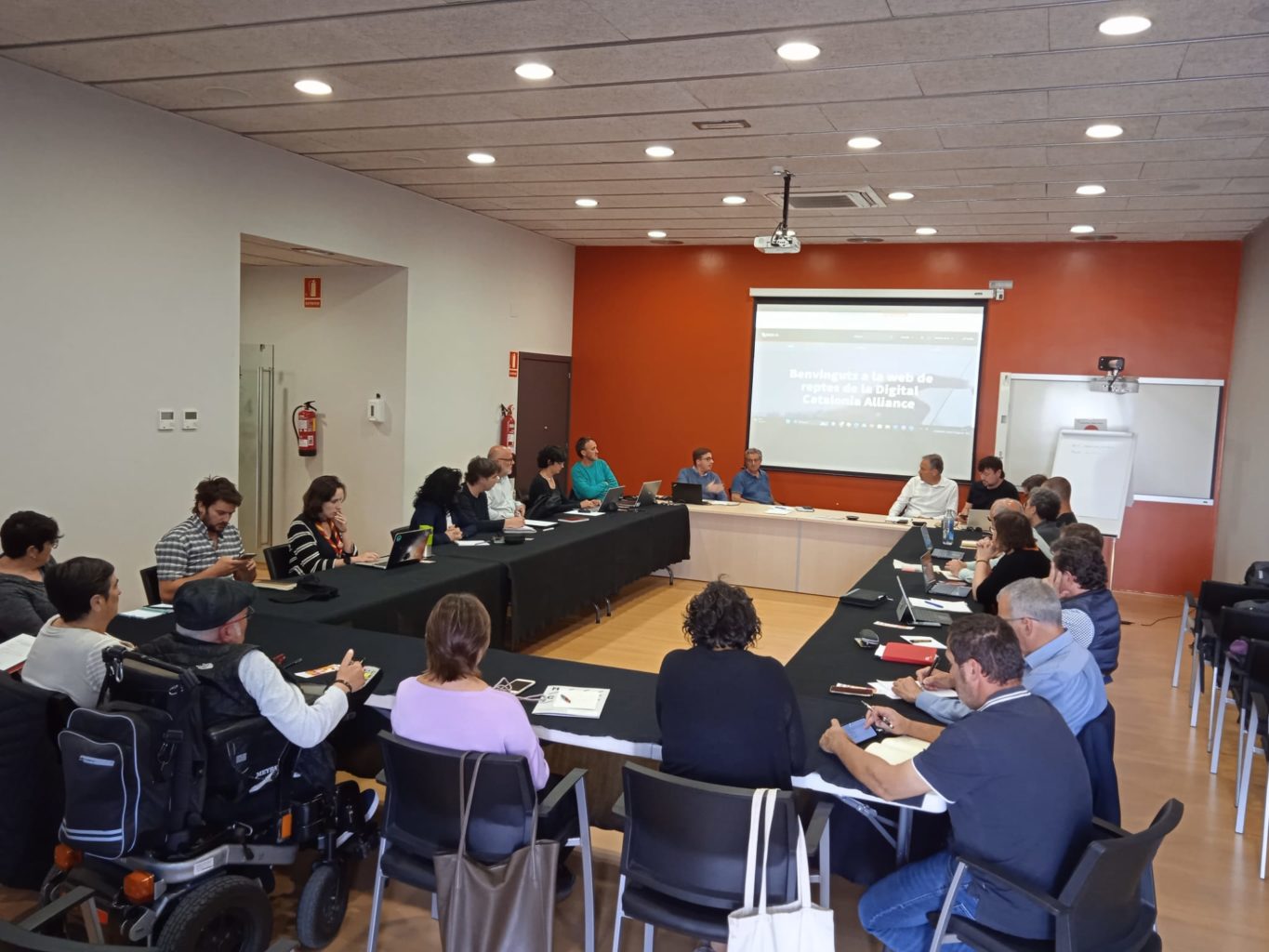
Keep up to date with our innovative initiatives.
Sign up here

The Rural Agenda of Catalonia identifies the needs and challenges of the rural territory to guarantee the conditions of life and development. It will be a key element in planning the country’s territorial balance and cohesion policies
In Catalonia, two out of three Catalan municipalities have less than 100 inhabitants/km 2, more than half of which do not reach 20 inhabitants/km 2. Also, there are 336 municipalities with less than 500 inhabitants, which occupy an area of 35% of the country but represent 1% of the population.
The Rural Agenda of Catalonia has been drawn up following the reference framework of the European Parliament’s initiative to develop a European Rural Agenda that promotes socio-economic development, economic growth and diversification, social welfare, the protection of nature and cooperation and interconnection with urban areas.
It was drawn up by the Interdepartmental Commission on Rural Depopulation, chaired by the Ministry of Climate Action, Food and Rural Agenda, which commissioned a drafting committee made up of the Association of Rural Initiatives of Catalonia (ARCA), the Catalan Association of Municipalities (ACM), the Association of Micro-towns of Catalonia (MdC) and the Sustainable Development Advisory Council (CADS). On the other hand, social and economic agents representative of the rural world have formed the Steering Committee of the Rural Agenda and participated throughout the entire drafting process. More than 1,200 people and more than 350 entities participated in the various workshops that were organized throughout the territory to respond to the numerous challenges faced by the rural world.
As a result of this process, a total of 892 actions have been defined, of which 277 are priority and 59 are strategic. These actions are organized around seven major challenges:
After a participatory process carried out between 2021 and 2022, the Government of the Generalitat recognized the Rural Agenda of Catalonia through Agreement GOV/108/2022, of May 24, and undertook to promote the actions of which it has competence. In order to be able to respond to the citizens’ demands contained in the Rural Agenda, the Generalitat, through Agreement GOV/153/2022, of July 19, in relation to the Interdepartmental Commission for Rural Governance modifies the name and functions of the Interdepartmental Commission on Rural Depopulation increasing the attributions in coordination, implementation and evaluation of the Rural Agenda of Catalonia.
The deployment of the Rural Agenda of Catalonia will be carried out through an action plan, which will define the actions to be carried out and which must continue to be developed by the different departments of the Generalitat to meet the identified challenges. Likewise, the Interdepartmental Rural Governance Commission will ensure the monitoring, compliance and evaluation of the objectives set out in the Plan, will propose government actions to promote territorial balance and economic and social development, and will supervise that no Government action is contrary to the rural development objectives. Through the Agenda and under the coordination of the Commission, action will be taken directly to deal with the demographic challenge, which threatens to depopulate many of the towns in Catalonia. Action will also be taken to accelerate the ecological transition and boost the agri-food sector and forest management, and investment will be made in innovation, connectivity, and economic and social dynamism.
At the same time, the Steering Committee of the Rural Agenda, made up of social and economic agents representative of the rural world, will also ensure the monitoring and fulfilment of the objectives of the action plan of the Rural Agenda of Catalonia.

The Steering Committee, formed by social and economic agents representative of the rural world, is a body that boosts, monitors and evaluates the deployment and fulfilment of the actions of the Rural Agenda of Catalonia. At the same time, it works on internal organizational improvement proposals to improve efficiency.
The main tasks of the Committee are:
The Steering Committee has created 4 Working Commissions to improve coordination and efficiency:
The Steering Committee is a collegiate body, formed by representatives of the 37 entities and associations from all over the territory that initially promoted the Rural Agenda of Catalonia: